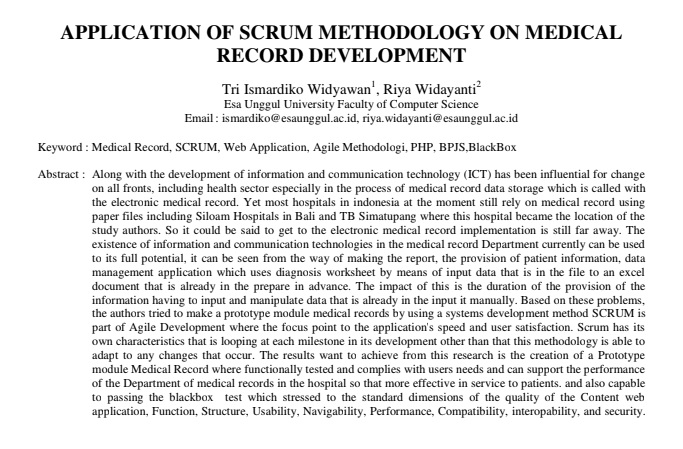Role of the Constitutional Court in the Reformation of the Indonesian State Administration System
Description:
The amendment of the 1945 Constitution since the reformation has encouraged the establishment of a more democratic constitutional structure. These changes create state institutional structures that are in equal position to checks and balances. One of the new state institutions established to strengthen the legal and democratic institutions in the Indonesian constitutional structure is the Constitutional Court, as one of the judicial institutions with the judicial power. The changes also confirm that the judicial power is an independent power to conduct justice in order to uphold law and justice. This paper will discuss how the Constitutional Court as a state institution performs its constitutional function and role through its decisions which are able to influence and color the legal and constitutional reforms in Indonesia. The research method used in this study is normative juridical method. The results showed that the verdict is the Crown of the judiciary; therefore, the achievements and role of the Constitutional Court as a judicial institution in coloring legal and constitutional reforms in the homeland are reflected in its decisions, for example: decisions to recognize simultaneous elections; political rights for the former members of PKI; recall rights of political parties; the use of KTP for voters unregistered in DPT; cancellation of regional regulations becomes the authority of the supreme court; 20% of the education budget allocation; individual candidates in the elections; religion or indigenous faith column in KTP; women are able to run for Governor or Vice of Governor; DPD members may not come from political party administrators, etc.
Author:
- Anna Triningsih
Source:
International Conference on Recent Innovation 2018







